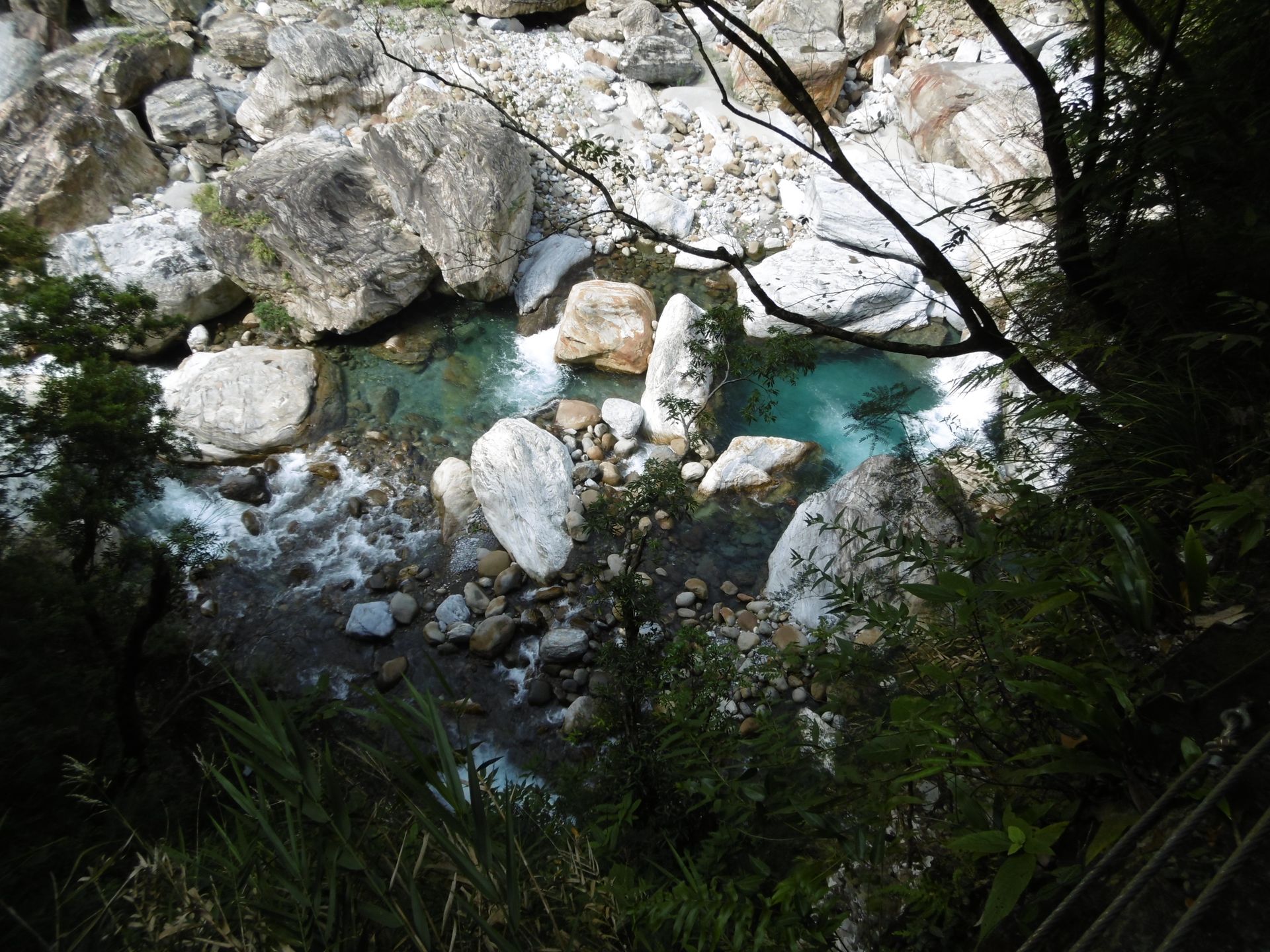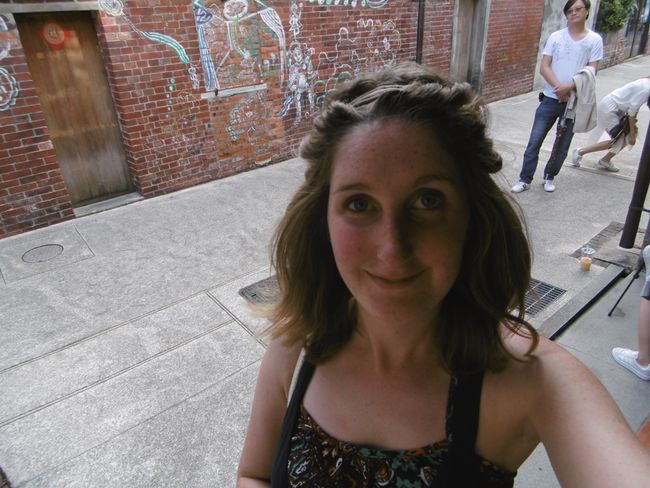Christmas spices and Christmas on the prison island
Julkaistu: 20.01.2019
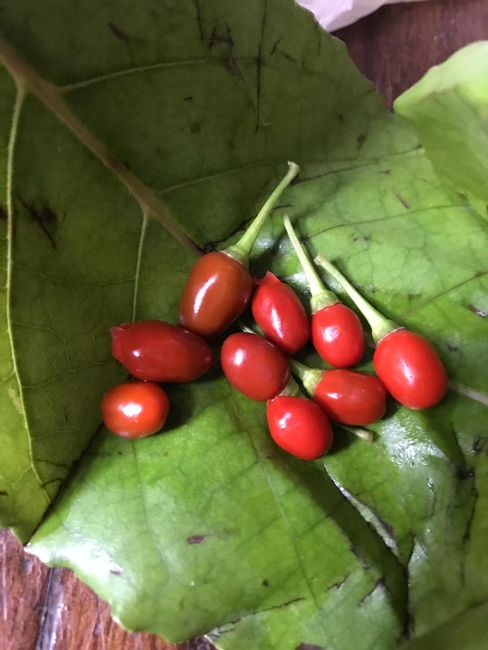
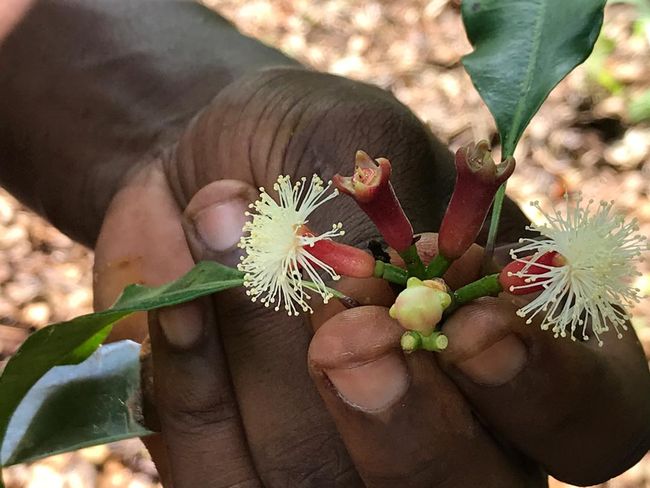
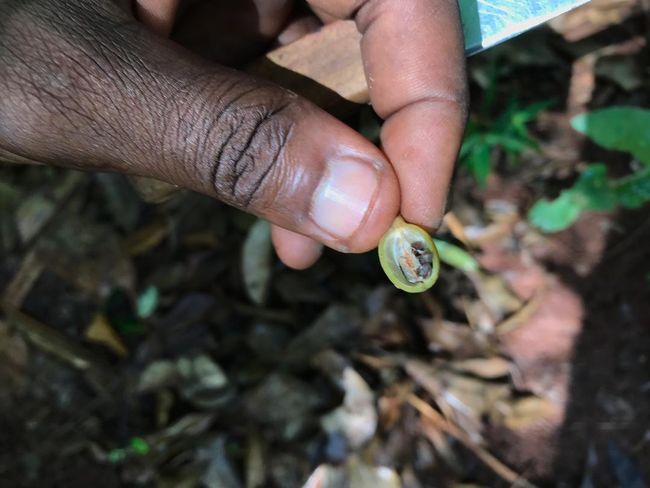
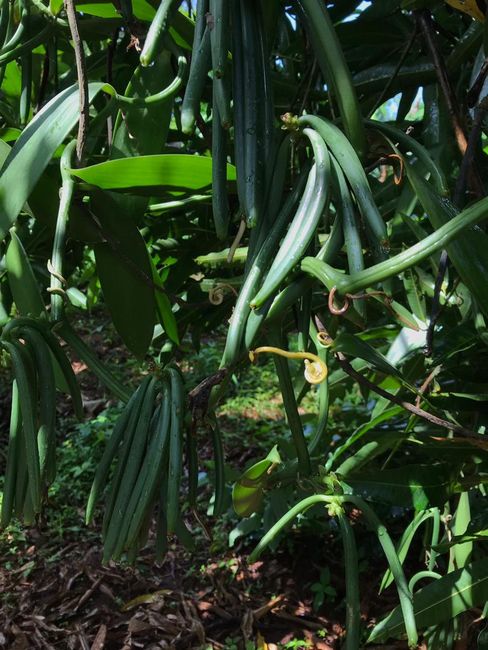
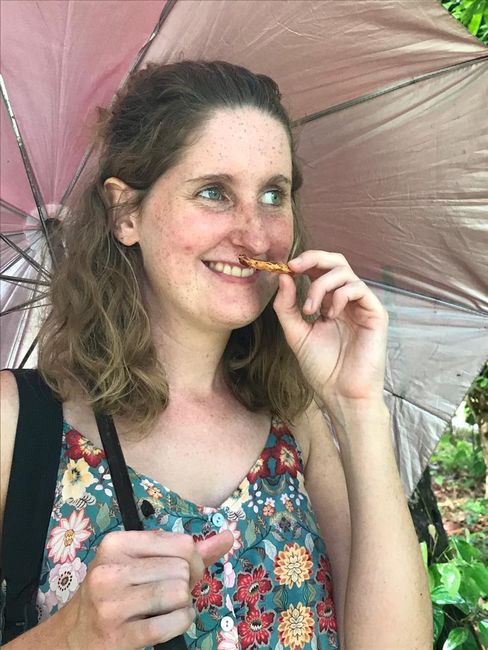
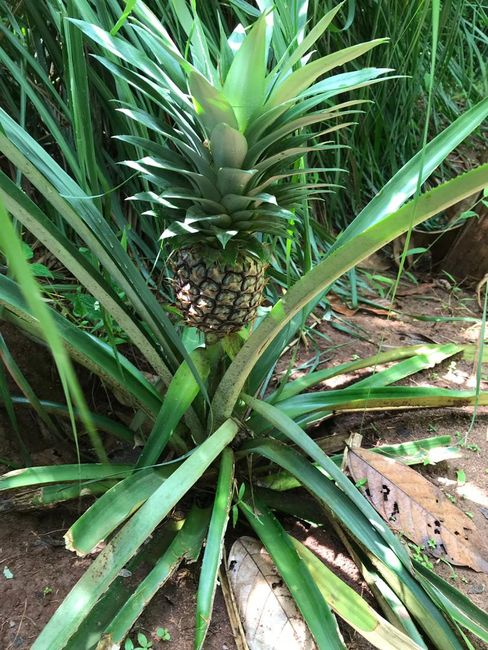
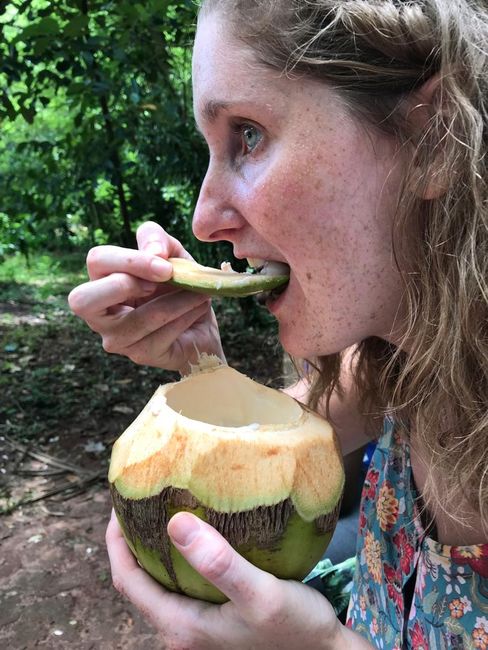
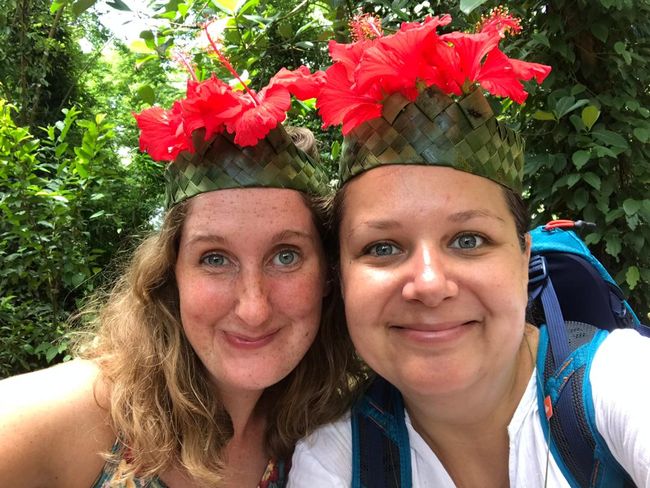
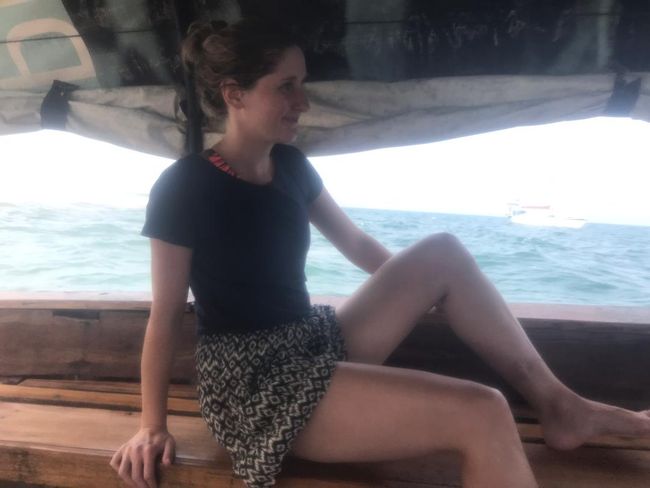
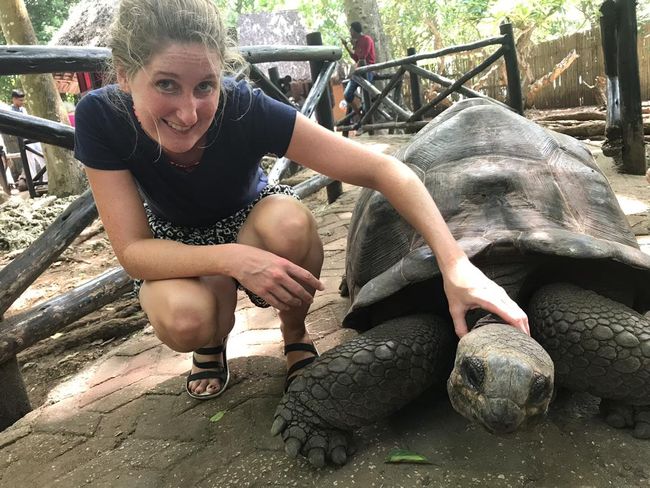
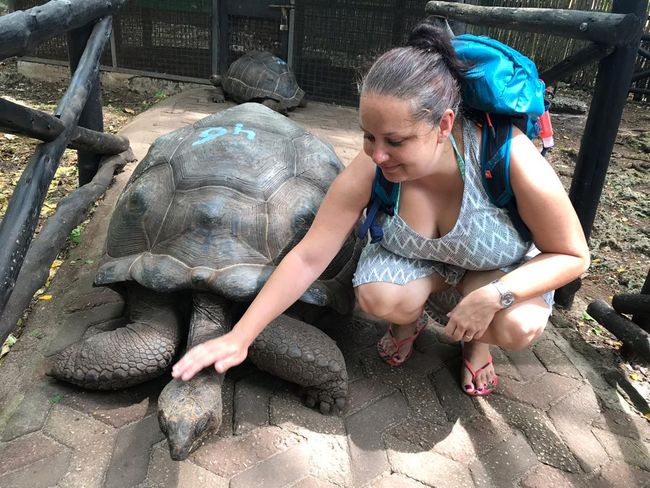
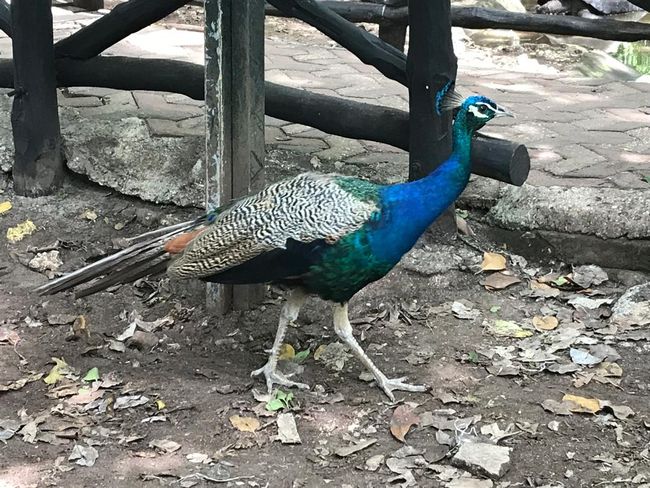
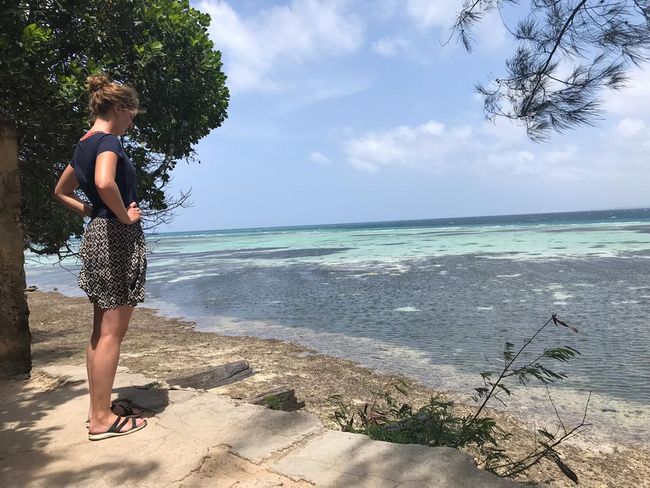
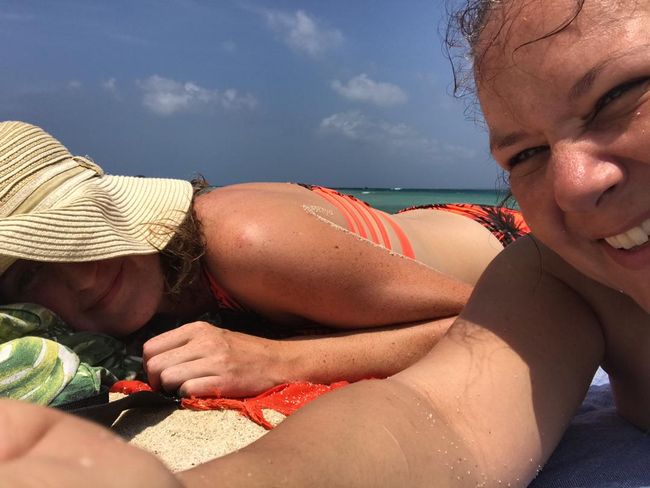
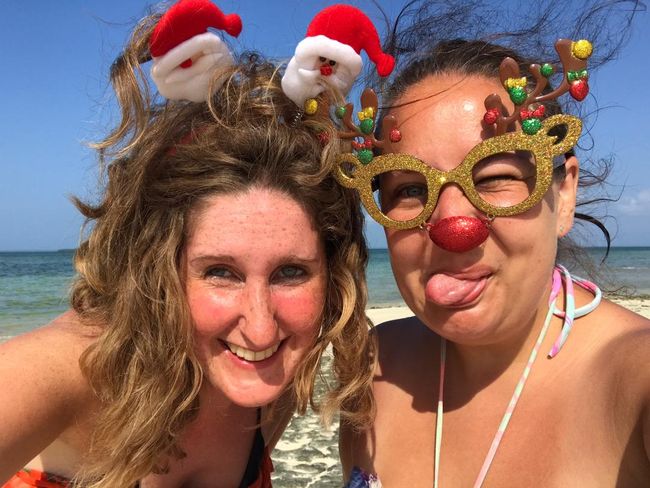
Tilaa uutiskirje
Long before we arrived on Zanzibar, Maria had selected and booked some activities for us. It was a mix of activities that she enjoyed during her last visit a year ago and wanted to do again, as well as some activities she missed out on. I was able to benefit from her meticulous planning and just go with the flow...
On day three of our trip, we had a visit scheduled to the Kiditchi Spice and Heritage Center. The journey there was an experience in itself as we decided to take a Dalla Dalla, the local transportation option. These are small trucks with low benches and a sun/rain cover on the loading platform (similar to taxis on Koh Chang, just slightly larger). They are the cheapest way to get around locally and are also known as "chicken buses" because if you're unlucky, you'll be squeezed in like chickens during transport.
For me, despite and maybe even because of the close quarters, it was a great experience. I felt like I was right in the midst of it all. We shared the Dalla Dalla with families with children of all ages. We noticed that the younger children, up to about three years old, had their eyes blackened with makeup. This tradition apparently comes from India, where it is believed that the color of soot and oil around the eyes helps children sleep better. In addition to the passengers, there were also a few dead fish and a variety of other goods being transported in the Dalla Dalla, both in the limited foot space and on the roof. But even though we were in close proximity during the journey, the atmosphere was similar to that of a suburban train in Germany. Hardly anyone spoke, everyone stared ahead or slept. However, I never did figure out exactly how the locals paid for the ride. Throughout the entire journey, banknotes were continually passed back and forth between the "conductor" and the passengers.
The spice farm itself is a large area where a forest of various plants and trees grows. With our guide, we strolled through the area for about an hour while he explained how the spice plants grow and which parts of the plants are used to extract the spices. Maria was particularly interested in how the plants reproduce, as she has already grown some chili and pepper plants in her garden in Uganda and harvested plenty of them.
I also learned a lot about the spices that I use in my everyday life in Germany. For example, I learned that the vanilla plant climbs up other trees, so it is usually exposed to robust trees like mango trees. I also learned that the root of the cinnamon tree smells completely different from the bark. While the bark emits the classic cinnamon smell, the root smells like a cold remedy and is also used to treat colds and other ailments.
At the end of our tour, we were given a crown made out of leaves and a fresh coconut that one of the young men risked his life to pick from one of the tall palm trees, while singing a traditional Swahili song (apparently a ritual to warn those nearby of falling coconuts). Then we made our way back to Zanzibar City on the Dalla Dalla, which we had to find first.
And then it was there, December 24th - Christmas Eve! But despite the Christmas spices the day before, I still didn't feel the Christmas spirit, and that's how it remained (even after countless repetitions of Wham's "Last Christmas").
In the morning, we took a trip to Prison Island. In fact, several kilometers from Zanzibar City, a British governor had built a prison on the island in the 19th century, but it was never used as such. Instead, it served as a quarantine station for yellow fever to prevent an epidemic in East Africa. Today, the island is home to a hotel, a restaurant, and a park or petting zoo where tourists can admire giant tortoises. These tortoises are not native to the island but were a gift from the Seychelles, where the tortoises originally come from. The zoo is involved in the conservation of the species. And indeed, the tortoises reproduce happily and seem unfazed by the hundreds of tourists who pass through their enclosure every day and stroke their necks.
We also mingled with these tourists, but we took our time and observed not only the animals but also the visitors. When we had seen enough, we took one last plunge into the beautiful turquoise water and then had the captain of the "One Way" take us back to the beach at Stone Town.
In the evening, our accommodation's host had organized a Christmas dinner for guests and friends, which we also attended. There were 12 different dishes, an interesting mix of German-Polish cuisine (since our host was German with Polish roots) with a Zanzibar influence (thanks to the chef). Wine and homemade honey vodka were also served. Around 11 p.m., after a video call with my family, I went to bed feeling stuffed (as is customary on Christmas) but happy.
Christmas spices and Christmas on prison island
Long before we arrived on Zanzibar, Maria had selected and booked some activities for us. It was a mix of activities that she enjoyed during her last visit a year ago and wanted to do again, as well as some activities she did not get to do the last time. I profited from her detailed planning, just followed her around, and enjoyed. (Thanks again, Maria, for your planning)
On day three of our trip, we visited the Kiditchi Spice and Heritage Center. The journey there (which took less than an hour) was already an adventure, as we decided to take a Dalla Dalla. Dalla Dallas are the cheap way of local transport. They are small trucks with benches and a sunroof built on the back (similar to the taxis on Koh Chang, just slightly larger). Dalla Dallas are also called "chicken buses" because they try to fit as many people as possible in the back, so the passengers feel like chickens in a cage.
I liked this mode of transport because it gave me the feeling of being part of everyday life. Whole families traveled with us on the bus, and we noticed that some of the children under the age of three had their eyes blackened. We later found out that this tradition comes from India, where it is believed that the black makeup around the eyes (traditionally made from soot and oil) helps children sleep and protects against eye infections.
In addition to the passengers, there were also a few dead fish and other goods being transported in the Dalla Dalla, either in the limited foot space or on the roof. But even though we were in close quarters during the journey, the atmosphere was similar to that of a subway in Germany (or probably any other country). Hardly anyone spoke, everyone stared ahead or slept. I never did figure out how the locals paid for their ride, though. Throughout the entire journey, small amounts of money were passed back and forth between the "conductor" and the passengers.
When we arrived at the spice farm, I was surprised to find that it looked more like a large forest where plants and trees were growing seemingly at random. Nevertheless, the whole farm seemed to be a perfect example of permaculture. Our guide took us on a tour of the area for over an hour, explaining how the different spices grew and how they were obtained from various parts of the plants. Maria was particularly interested in how the plants reproduced, as she had already grown some chili and pepper plants in her garden in Uganda and harvested them.
I also learned a great deal about the spices that I use in my everyday life in Germany. For example, I learned that the vanilla plant climbs up other trees, so it is typically grown next to sturdy trees like mango trees. I also learned that the smell of the cinnamon root is completely different from that of the tree's bark. While the bark emits the classic smell of cinnamon, the root has a scent reminiscent of cold medicine and is also used to treat colds and other illnesses.
At the end of our tour, we were given a crown woven from leaves and a fresh coconut. One of the young men bravely climbed a tall palm tree to pick the coconut while singing a traditional Swahili song (apparently part of the coconut harvesting ritual, meant to warn others of falling coconuts). We then made our way back to Zanzibar City on another Dalla Dalla, which we had to locate first.
And then it was there, December 24th - Christmas Eve! But despite the many Christmas spices the day before, I still wasn't feeling the Christmas spirit, and it stayed that way (even after numerous repeats of Wham's "Last Christmas").
In the morning, we went on an excursion to Prison Island. In fact, several kilometers off the coast of Zanzibar City, a British governor had built a prison on the island in the 19th century, although it was never used as such. Instead, it served as a quarantine station for yellow fever to prevent an epidemic in East Africa.
Today, there is a hotel, a restaurant, and a small zoo on the island, where tourists can marvel at huge tortoises. These tortoises are not native to the island, but were a gift from the Seychelles, where they originated. The zoo contributes to the conservation of the species. The tortoises are indeed reproducing and seem unperturbed by the hundreds of tourists who pass through their enclosure every day, petting their necks.
We, too, mingled with the tourists, but we took our time and observed not only the animals but also the visitors. When we had had enough, we took one last dip in the beautiful turquoise water before returning to Stone Town on the boat of the "One Way."
In the evening, the owner of our accommodation had organized a Christmas dinner for guests and friends, which we attended. There were 12 different dishes, an interesting mix of German-Polish cuisine (as the owner is German with Polish roots) with a touch of Zanzibar (thanks to the chef). Wine and homemade honey vodka were also on offer. Around 11 p.m., after a video call with my family, I went to bed feeling stuffed (as one would expect on Christmas) but happy.
Tilaa uutiskirje
Vastaus
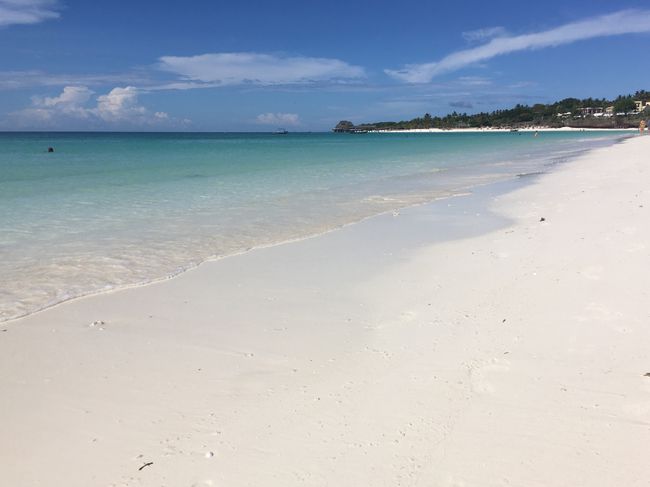
Matkaraportit Tansania
